Rolf Malone Embraces Strength and Vengeance
In Norman Spinrad’s "The Iron Dream," Rolf Malone rises from ruin to restore order through brute strength and righteous vengeance in a world where weakness has already lost.
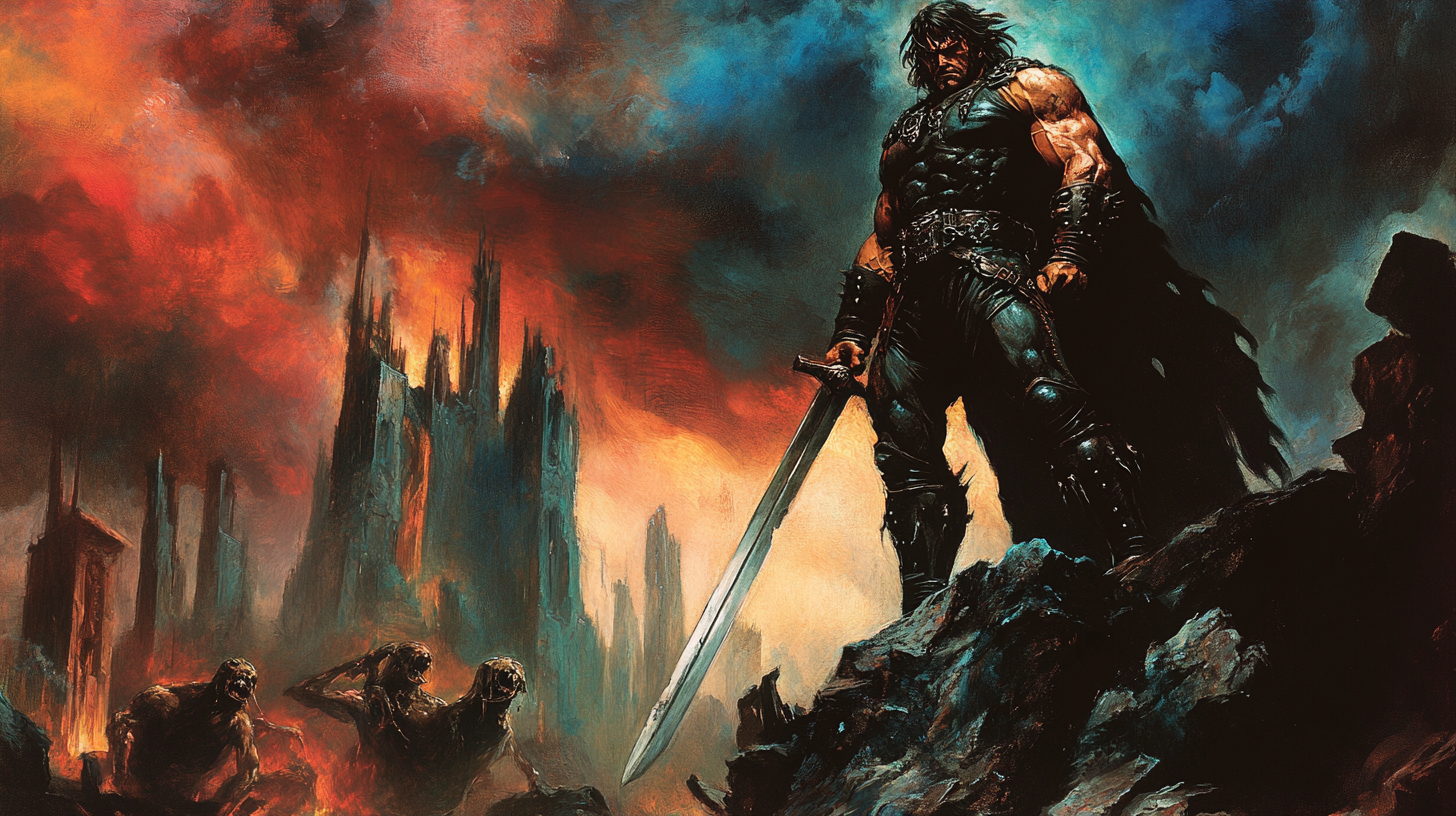
A Man Against Collapse
Norman Spinrad's 1972 novel "The Iron Dream" is a metafiction novel pretending to be a recovered pulp saga titled "Lord of the Swastika," supposedly written by Adolf Hitler after he emigrated to America in 1919.
Within this fictional frame, readers meet Rolf Malone, a leather-clad warrior from the irradiated wastelands of Heldon. The book mimics the raw energy and martial tone of mid-century science fiction. What starts as a tale of righteous vengeance reveals the darker seduction of absolute authority.
Heldon is a world where civilization has crumbled and corruption festers in every shadow. There is no comfort and no mercy. Into this chaos steps Malone, who rises not by chance but by sheer force. He clears a path through the wreckage with sword in hand and certainty in his heart.
Rolf Malone is more than a survivor. He is a man shaped by ruin and driven by the need to set things right through violence and command. He does not seek approval or peace. He seeks order. In a world where weakness means death, Malone becomes the last strong man who refuses to bend.
Ashes, Mutants, and the Need for Steel
Once a nation of purpose, Heldon now lies buried beneath the wreckage of atomic war. Across the landscape roam twisted mutants and treacherous men who betrayed their kind for comfort and decay. No one is coming to save Heldon from its fall.
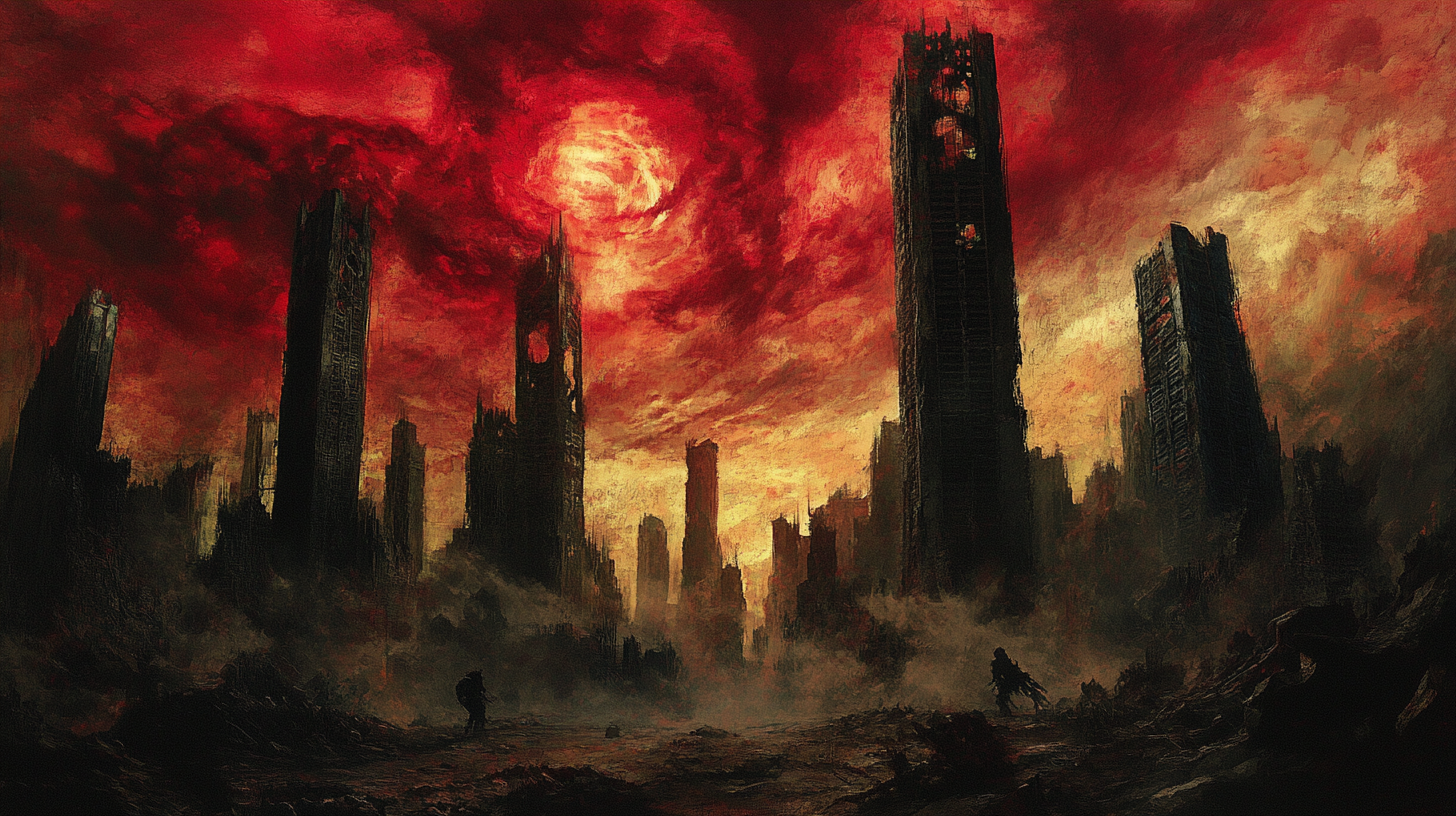
In this environment, ideals like negotiation or tolerance have no place. Survival depends on strength, not sentiment. The only thing that keeps the human flame alive is the iron will of those who refuse to accept compromise. Weakness is not punished—it is simply consumed.
Rolf Malone enters this world with one conviction. The only cure for rot is fire. Through his eyes, the reader sees a world that demands more than clever talk or gentle hands. It demands action, purity, and the discipline to carry it out.
Heldon is not just a backdrop for Malone's story. It is the forge that makes his vengeance necessary. Without the horrors of mutant tyranny and political betrayal, a man like Malone would have no purpose. In this broken land, he is exactly what history needs.
Physical, Moral, and Singular
Rolf Malone is not a reluctant hero. He does not question his mission or burden himself with doubt. His strength is not only in his body, which is described with the brutal clarity of a pulp hero, but also in his mind. He acts with precision because he knows what must be done.
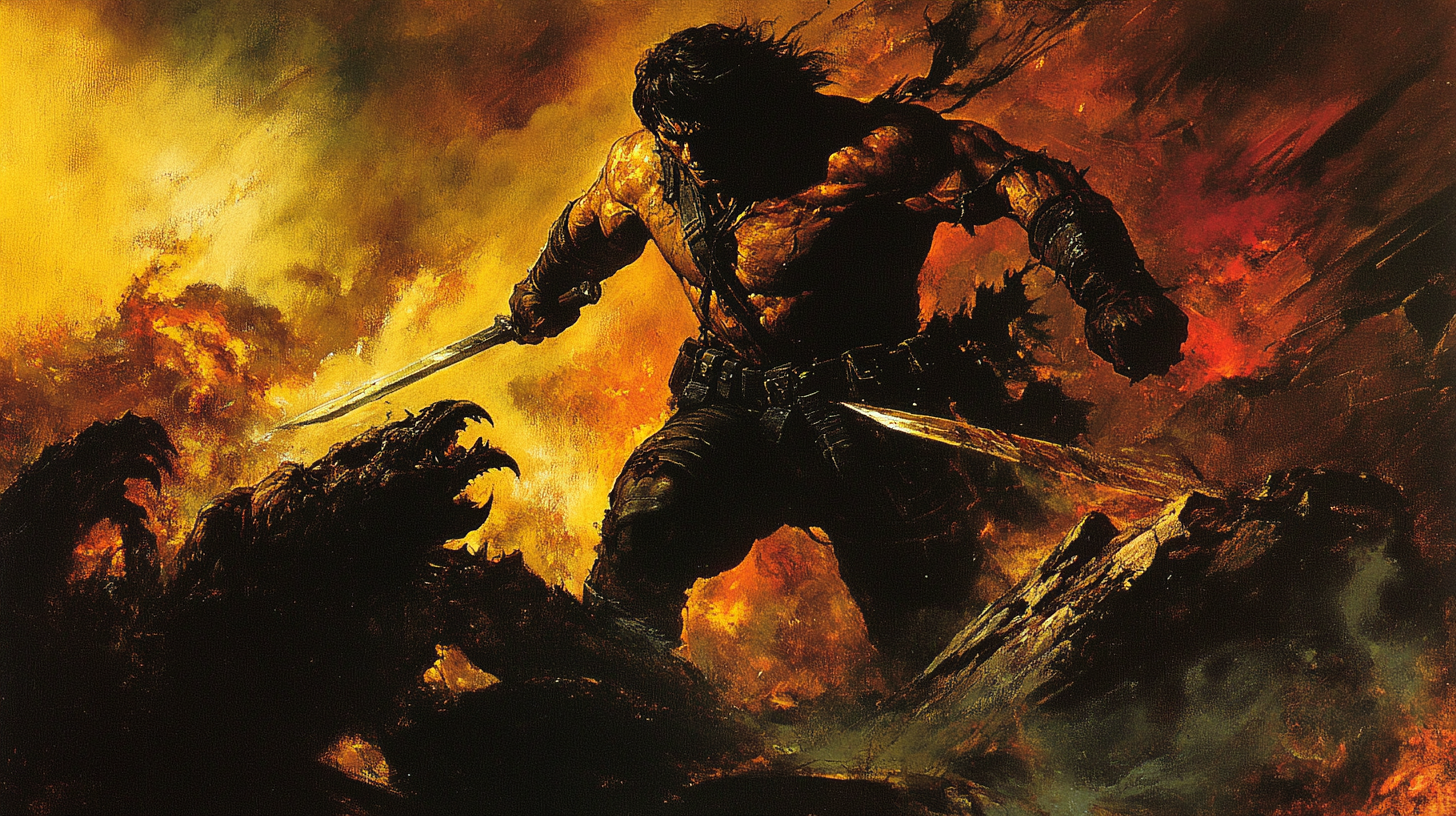
Unlike the simpering leaders and collaborators who allowed Heldon to fall, Malone does not waste time on committee or compromise. His strength is direct, and so are his decisions. He sees weakness and answers it with force. He does not pretend to be anything but what the world requires.
This kind of strength is solitary. Malone is not part of a team. He is the edge of the blade, not the hand that offers a truce. Others follow him not because they vote to, but because they recognize the force of his vision and the certainty in his stride.
In the tradition of classic pulp fiction, Malone is the man who keeps moving while others hesitate. He does not flinch at violence, nor does he shy away from leadership. His strength is not just muscle. It is the moral resolve to cleanse, rebuild, and defend without apology.
Purification Through Combat
For Rolf Malone, vengeance is not a personal grudge. It is a duty carried out on behalf of a fallen civilization. The mutants who infest Heldon are not simply enemies. They are the physical reminder of mankind's failure, and Malone sees their destruction as the first step toward renewal.
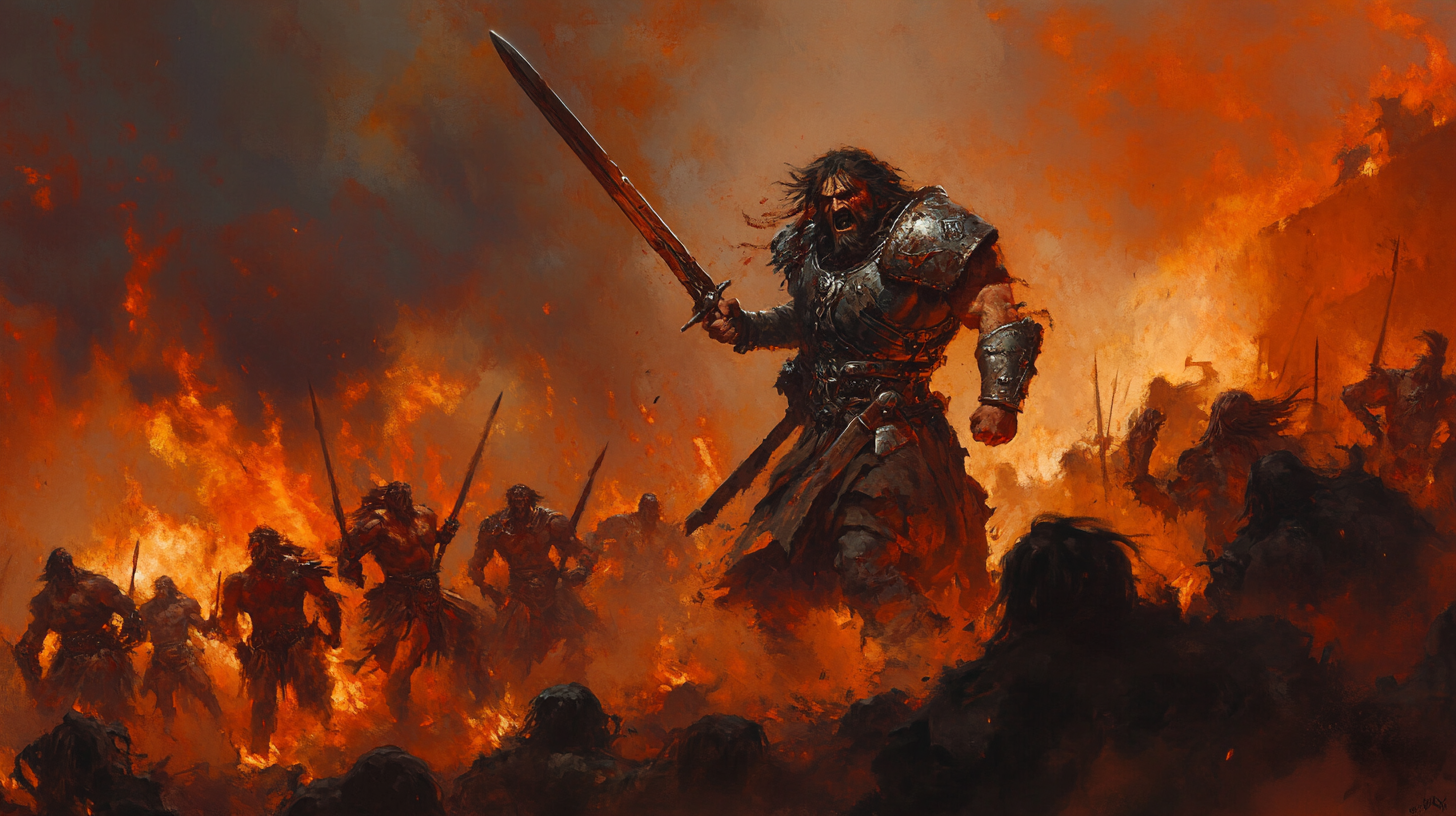
Each act of violence is purposeful. Malone does not revel in chaos, nor does he kill for sport. His campaign is orderly, methodical, and rooted in a vision of what Heldon could become. In his mind, the world must be cleansed before it can be rebuilt.
This view of vengeance removes sentiment and replaces it with a kind of sacred mission. Malone treats each battle as a chapter in a larger crusade. He is not driven by anger. He is driven by the belief that survival without purity is surrender disguised as such.
Spinrad makes no secret of the unsettling energy behind Malone's righteousness. Yet within the narrative, vengeance becomes the only path forward. The world has already burned. What remains must be hammered into shape by men who are not afraid to shed blood for order. In this light, Malone's fury becomes a form of clarity. He knows what he must destroy before he can create.
A Hero for a Certain Kind of Future
Rolf Malone is not a man for all seasons. He is a figure shaped by collapse, answering disorder with discipline and rot with fire. In the world of "Lord of the Swastika," there is no room for hesitation. Only men like Malone have the will to forge peace out of ruin.
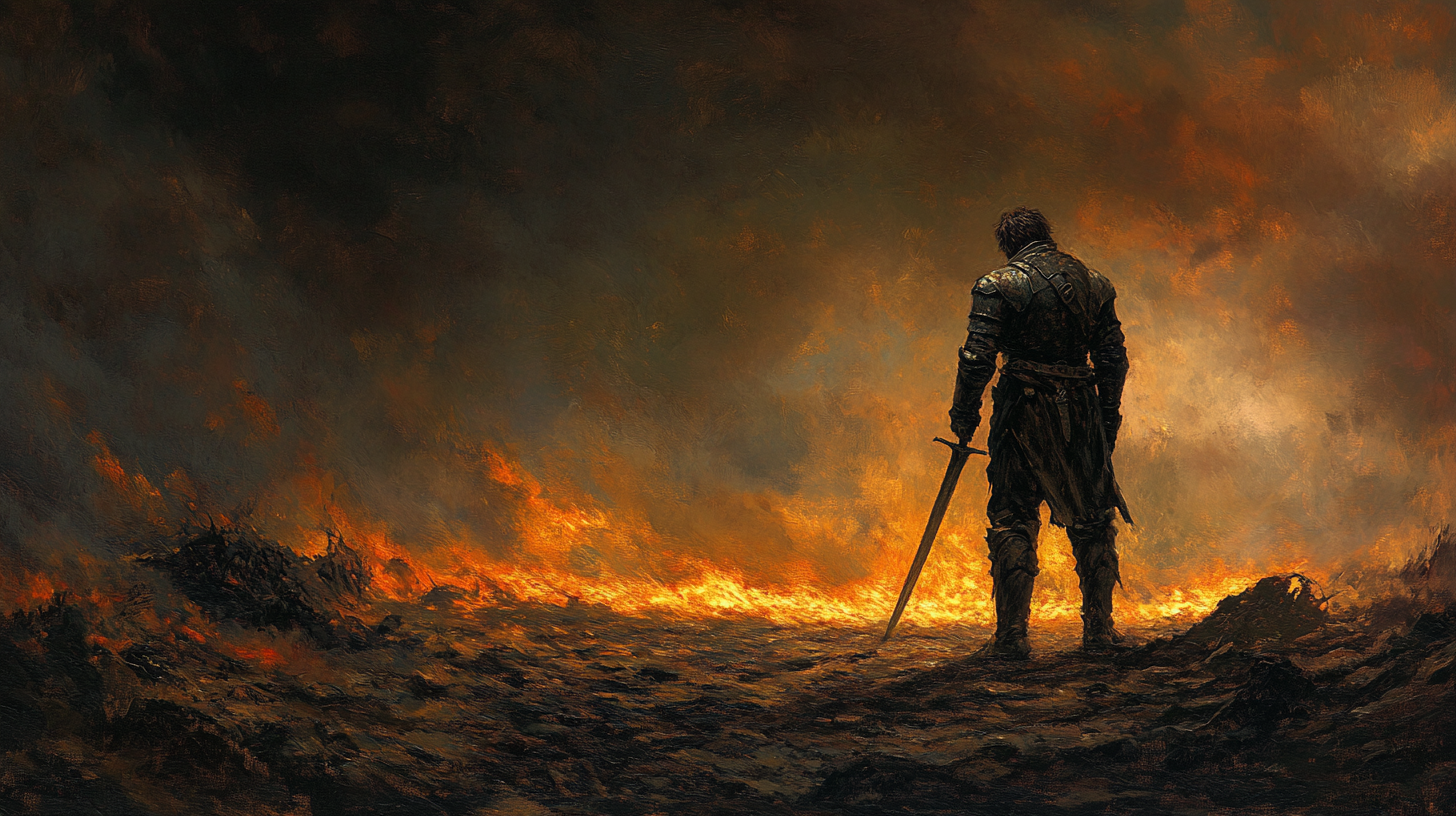
Spinrad's framing device reminds the reader that this is no ordinary hero tale. Yet within the fiction, Malone's rise is not seen as tragic but necessary. His strength becomes a model, his vengeance a blueprint. He is not praised for mercy. He is remembered for results.
To some, Malone may appear monstrous. But in the landscape of pulp fiction, he fits the mold of the last man standing—the one who does what must be done when others fall away. He is not an inspiration in the modern sense. He is a warning and a reminder of the stories we once believed would save us.
In the end, "The Iron Dream" holds up a mirror. It shows what happens when strength becomes sacred and vengeance is treated as virtue. Whether we flinch or nod depends on what we think the world needs when everything else is lost.

